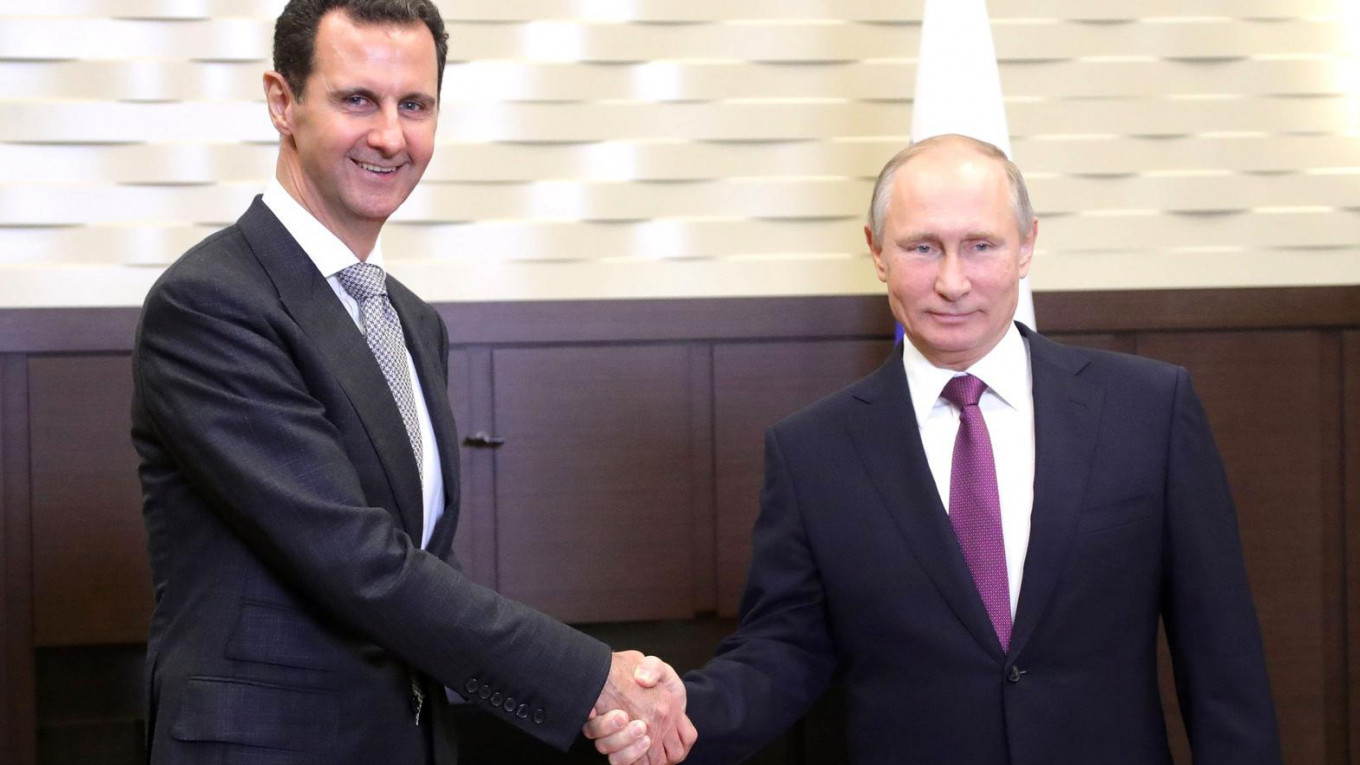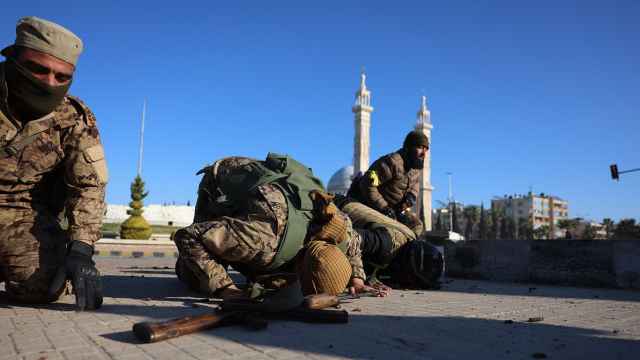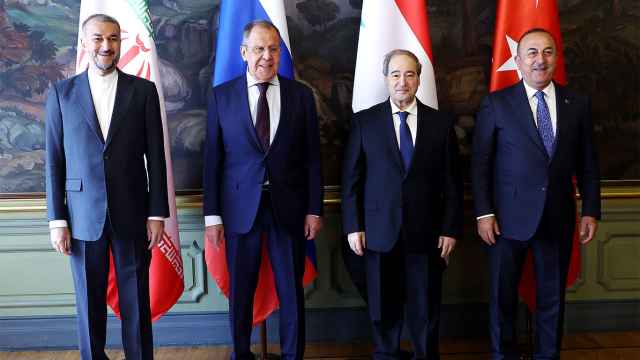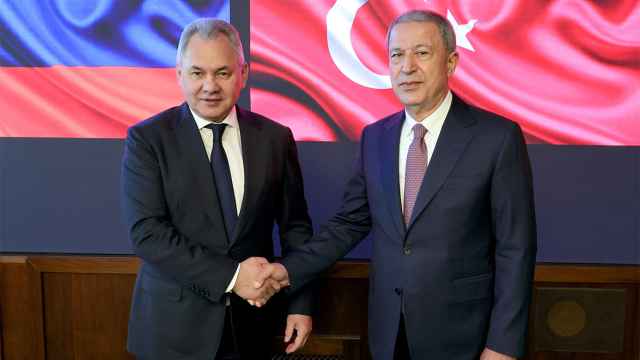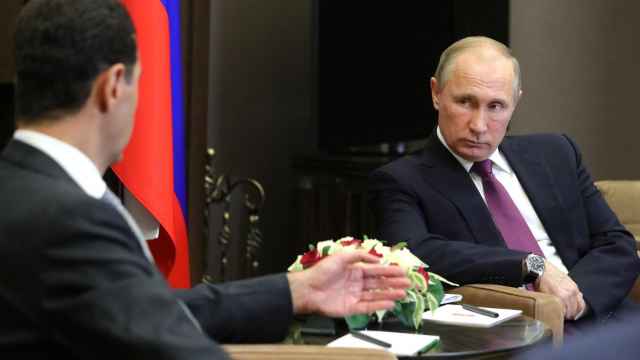(Bloomberg) — Syria’s fragmented opposition agreed to form a single bloc to negotiate with President Bashar al-Assad at a meeting in the Saudi capital Riyadh, giving a boost to a Russian-led diplomatic drive to end the 6 1/2-year civil war.
“We have agreed with the other two branches” of the opposition “to send a united delegation to take part in direct negotiations in Geneva” comprising 50 members, Bassma Kodmani, a leader of the High Negotiations Committee, the main anti-Assad group, said early Friday after two days of talks, Saudi-owned Al Arabiya reported.
The United Nations next week will convene a new round of peace negotiations in the Swiss city as Russia, which turned the war in Assad’s favor with a military intervention since 2015, accelerates efforts to end a conflict that has killed 400,000 people and displaced millions.
While U.S. President Donald Trump’s predecessor Barack Obama had demanded the Syrian leader step down, the new administration says Assad’s departure isn’t a precondition for talks to end the war even if it sees no political future for him.
The Syrian opposition’s decision came at the end of a week in which Russian President Vladimir Putin met with Assad in the Black Sea resort of Sochi, then held a summit with his Iranian and Turkish counterparts to discuss a peace settlement that includes a new constitution and parliamentary and presidential elections.
Putin also spoke with Trump and Saudi King Salman bin Abdulaziz, as well as with the leaders of Qatar, Israel and Egypt.
Assad’s Allies
Russia and Iran are Assad’s main allies, while Turkey has backed armed groups seeking to overthrow him. The three powers, who’ve joined forces in cease-fire efforts in Syria, are the dominant players now, though differences remain between them.
Iran is less willing than Russia to weaken Assad’s powers, while Turkey is seeking a green light to attack Kurdish groups in northern Syria that it views as terrorists linked to separatists inside its own borders.
The Kurds, supported by the U.S., have played a key role in defeating Islamic State. Russia has also praised their contribution to fighting terrorism and indicated support for some Kurdish regional autonomy.
The role of Saudi Arabia, which has also demanded Assad’s departure, has proved critical.
The united opposition, which includes two groups less hostile to the Syrian regime, is likely to be a “tame” counterparty for Assad at the talks, according to Robert Ford, a former U.S. ambassador to Syria who is now a fellow at Yale University and the Middle East Institute in Washington.
With the U.S. left mostly on the sidelines in diplomacy to end the war, Putin won Turkish and Iranian backing at the summit for Russian plans to host a peace conference in Sochi with Syrian government and opposition representatives.
That meeting is likely to present a blueprint for the political settlement to be approved at the UN-led talks in Geneva.
A Message from The Moscow Times:
Dear readers,
We are facing unprecedented challenges. Russia's Prosecutor General's Office has designated The Moscow Times as an "undesirable" organization, criminalizing our work and putting our staff at risk of prosecution. This follows our earlier unjust labeling as a "foreign agent."
These actions are direct attempts to silence independent journalism in Russia. The authorities claim our work "discredits the decisions of the Russian leadership." We see things differently: we strive to provide accurate, unbiased reporting on Russia.
We, the journalists of The Moscow Times, refuse to be silenced. But to continue our work, we need your help.
Your support, no matter how small, makes a world of difference. If you can, please support us monthly starting from just $2. It's quick to set up, and every contribution makes a significant impact.
By supporting The Moscow Times, you're defending open, independent journalism in the face of repression. Thank you for standing with us.
Remind me later.


